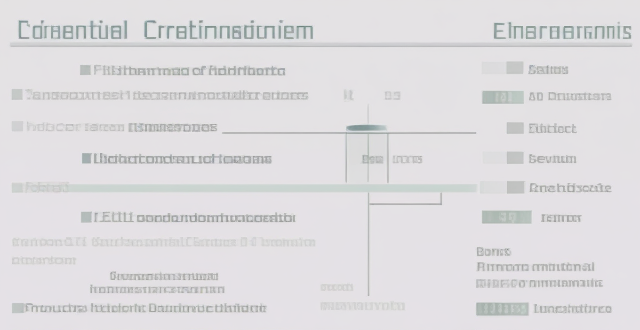A thesis statement is crucial for any academic paper, serving as a concise summary of the main point or claim. To write a strong thesis statement, first identify the purpose of your paper (persuasive, informative, analytical, or explanatory) and conduct preliminary research to understand key issues. Brainstorm main points and draft your thesis, revising it until it accurately reflects your argument. Ensure it's debatable and supportable by evidence. Examples include persuasive, informative, analytical, and explanatory thesis statements.

Writing a Strong Thesis Statement for an Academic Paper
A thesis statement is the core of any academic paper. It summarizes the main point or claim of your essay in a concise and clear manner. Here are some steps to help you write a strong thesis statement:
1. Identify the Purpose of Your Paper
First, determine the purpose of your paper. Are you trying to persuade, inform, analyze, or explain something? Your thesis statement should align with this purpose.
- Persuasive: If you want to persuade your readers, your thesis statement should take a strong stance on a debatable issue.
- Informative: If your goal is to inform, your thesis statement should present a fact or concept that will be explained in more detail throughout the paper.
- Analytical: For analytical papers, your thesis statement should outline the specific aspects you will analyze.
- Explanatory: If your aim is to explain, your thesis statement should clearly state what you will explain and why it's important.
2. Conduct Preliminary Research
Before crafting your thesis statement, conduct preliminary research to gather information about your topic. This will help you understand the key issues and arguments related to your subject.
3. Brainstorm Your Main Points
After conducting research, brainstorm the main points you want to make in your paper. These points will support your thesis statement and provide evidence for your argument.
4. Draft Your Thesis Statement
Now that you have a clear understanding of your purpose and main points, draft your thesis statement. Remember to keep it concise and focused on one main idea.
5. Revise and Refine Your Thesis Statement
Once you have a draft, revise and refine it until it accurately reflects the content of your paper and effectively communicates your main argument.
6. Ensure Your Thesis Statement Is Debatable and Supportable
Make sure your thesis statement is debatable (if it's persuasive) and can be supported by evidence from your research. Avoid making broad or vague claims that cannot be substantiated.
Examples of Strong Thesis Statements:
- Persuasive: "The implementation of stricter gun control laws is necessary to reduce gun violence in America."
- Informative: "The life cycle of butterflies consists of four distinct stages: egg, larva, pupa, and adult."
- Analytical: "Shakespeare's use of soliloquies in 'Hamlet' reveals the complexities of the titular character's psyche."
- Explanatory: "The process of photosynthesis in plants involves the conversion of light energy into chemical energy, which is stored as glucose."
By following these steps and ensuring your thesis statement is clear, focused, and supported by evidence, you will be well on your way to writing a successful academic paper.